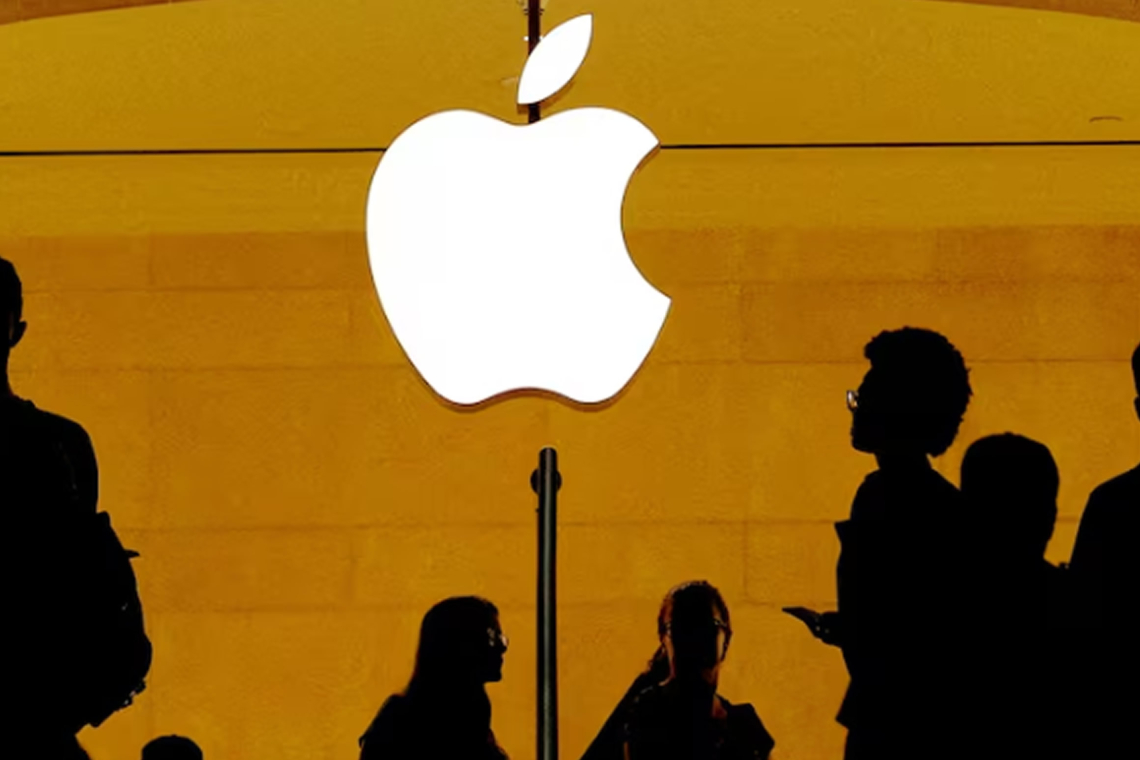Britain's antitrust regulator has determined that the mobile browser market, largely controlled by Apple and Google
Britain's antitrust regulator has determined that the mobile browser market, largely controlled by Apple and Google, is not functioning effectively for consumers and businesses. This finding supports its decision to launch an investigation into the sector earlier this year.
In its final report, the Competition and Markets Authority (CMA) independent inquiry group highlighted concerns primarily related to Apple's policies governing internet access on its devices via the Safari browser. Following its provisional findings released in November, the CMA initiated an investigation in January under its expanded regulatory powers.
The investigation will assess whether Apple and Google should be classified as having "strategic market status" (SMS) in mobile ecosystems, which extends beyond the scope of just the browser market. If the companies receive this designation, the CMA may consider interventions to boost competition, such as allowing rivals to introduce new features.
Apple responded by emphasizing its commitment to fostering competitive and innovative markets while maintaining user trust. A spokesperson expressed concerns over the report, arguing that the suggested remedies could compromise privacy, security, and user experience. The company pledged to engage with the CMA constructively to address these issues.
The report noted that Apple's Safari browser holds an 88% market share on Apple devices, while Google's Chrome accounts for 77% of browsers on Android devices as of 2024.
Margot Daly, chair of the independent inquiry group, stated that limited competition among mobile browsers is stifling innovation. She welcomed the CMA's decision to investigate Apple and Google's broader mobile ecosystems, adding that the group's in-depth analysis would support this ongoing work.
The CMA expects to conclude its SMS investigations later this year.


